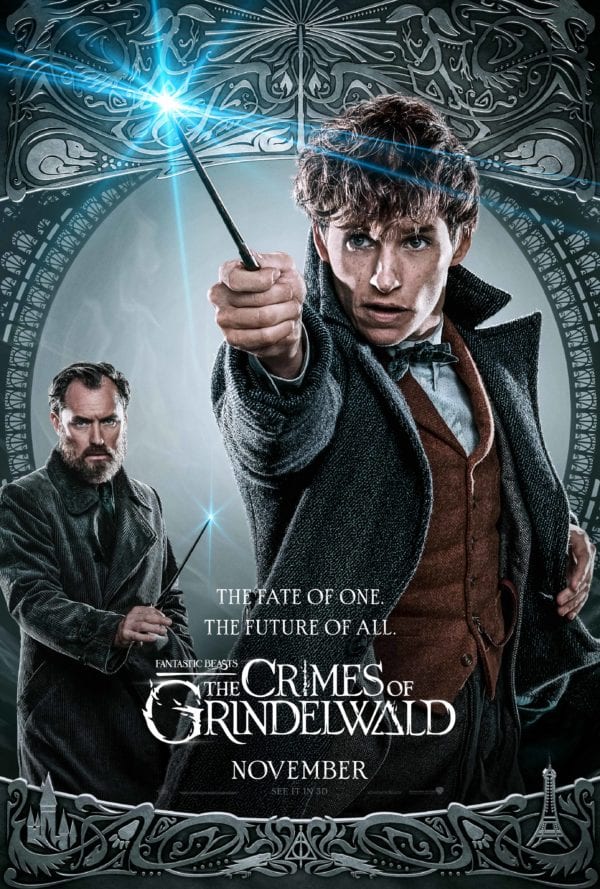The 11-episode arc of season one has finally come to an abrupt end (one episode shorter than was originally touted), so now's as good a time as any to give my two cents about the show.
Now, if you had watched the trailers for the TV show, you knew that they were going for a really edgy feel with this series. In any case, that seems to be the baseline for most DCEU fanfare (with the exception of perhaps Aquaman). Once you heard a "pre-NightWing" Robin (Brenton Thwaites) drop the F-bomb whilst referring to Batman, you should've known that they weren't playing.
The central conflict on this story revolves around Rachel Roth (Teagan Croft) who will become the future Raven. Her inner demons have awakened, and a dark cabal of individuals come out of the woodwork to try to ensure that the darkest permutation of her potential future comes to pass. Fate, however, conspires to place her into the hands of Dick Grayson who does his best to keep her as his ward. Along the way, Koriand'r (aka Cory Ander aka StarFire), an amnesiac pyrokinetic and Gar Logan (aka Beast Boy) join in to protect Raven.
The show is a slow-burn for most of its run because it decided to bring the team together when all its heroes are pretty new to their abilities, with the exception of Robin. Having to sit through an amnesiac StarFire, Raven and Beast Boy slowly coming to terms with their abilities saps the life out of the show. They chose a "Hero-of-the-week" type format to introduce us to other superheroes within this shared universe in order to propel the story in different directions. In some cases, this plays out interestingly because it answers the question concerning Robin's replacement in Gotham once he parts ways with Batman; it also serves to expose Beast Boy's comic book origins in which he was initially affiliated with the Doom Patrol. It also finds a compelling way to deal with the changed Hawk and Dove roster that also occurred in the comics with what proved to be one of the strongest arcs captured in the show (Episode: Hank and Dawn).
For all the potential teased earlier on, the show fails to deliver in a lot of areas. This new edginess, complete with extreme cursing, is a mere crutch that most times tries to disguise edginess for poorly written characters. The level of angst a lot of the characters portray doesn't feel earned in the least. Robin is extremely ultra-violent and blames Batman for just about everything, but this merely comes off as him being ungrateful, and the way events play out, he appears to be more "fallen" than his mentor. He is sanctimonious, but there really isn't a good display of core character to even make you side with him. His replacement, Jason Todd, is an even worse caricature and is an outright villain. If you've watched the impressive DC animated movie "Batman: Under the Red Hood", you'd know Jason Todd's future pretty well, and you'd see that this series is selling him pretty short. The only character who only really seems to organically shine in this faux pas world is Donna Troy, and even her cursing seems appropriate when she openly curses out Robin later on in the series.
Some of the CGI choices are also a bit questionable. Sure, it might happen in quick cuts in which they need to show us a hero jumping off some massive height, but it comes off as really poorly done. You can spot the digital duplicate from a mile away; it seems like even half-decent "wire work" would have made a better stylistic choice. They probably also bit off more than they could chew by choosing to bring Beast Boy into the mix. For whatever reason, we are only stuck with him transforming into his Tiger form for the entirety of this season; if that wasn't enough, they are choosing to have some level of realism in this, meaning that he has to strip in and out of his clothes to make these transformations. It gets annoying pretty quickly, and it makes you long for the animated Teen Titans show whereby his suit just automatically changed with him in and out of transformations.
I have to go after the wardrobe department on this one too. StarFire (Anna Diop) seems to spend a lot of time in the same outfit. This is a lady who's dishing out $100 bills at the drop of a hat, but can't seem to change out of her purple suit. I can understand that they're trying to channel her costume from other media, but it left me cringing just as much as when I watched Marvel's Slob-supreme, Jessica Jones. (Made me feel like I needed a shower). Come to think of it, Beast Boy also suffers from a similar setback. They definitely needed to be a differentiation for their costumes and their street-wear, which is obviously done well with Robin.
Lastly, I can understand that they're trying to shed the "Teen" from "Teen Titans", and so they've ramped up the maturity level a whole lot on this one. Relationships that occurred organically throughout the course of the comics will definitely be rehashed in this series. However, at this point they're just ham-fisting these relationships; and they're making it worse by mixing it up with some poor sex scenes. You can see some of these moments coming from a mile away, and it just leaves you feeling like the showrunners are striving for the lowest common denominator. This edginess for edginess' sake will be the end of the DCEU. The fundamentals still remain the same - people want to relate to these characters, empathize with them; and if we can't empathize, at least we need to understand their spirals down destructive paths.
Watching this season felt like an arduous task, and to tell you the truth, without any clear hinted saving grace in terms of interesting character development and proper plot-pacing for the next season, this might be as far as I go with this series.
I rate this a solid C.















